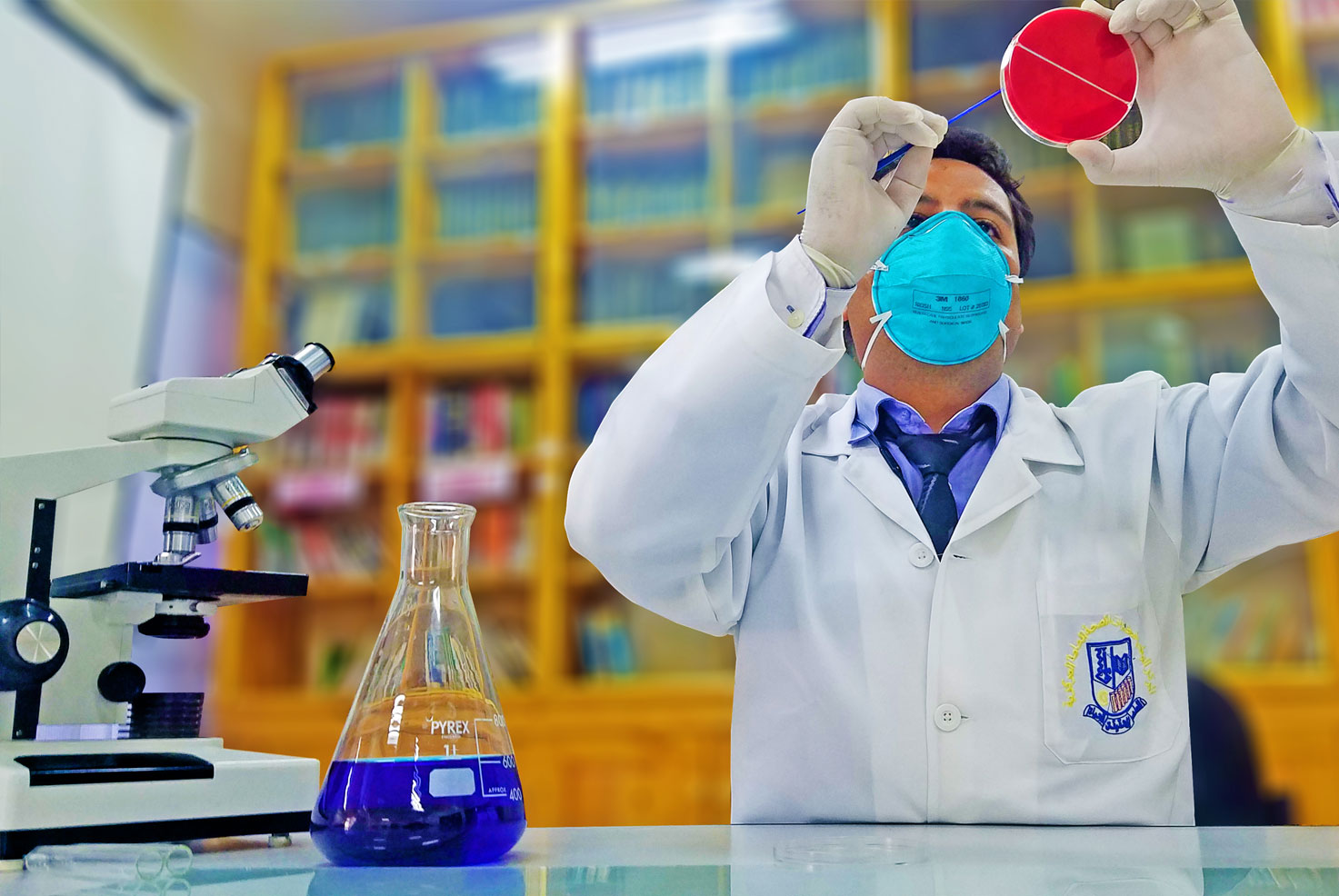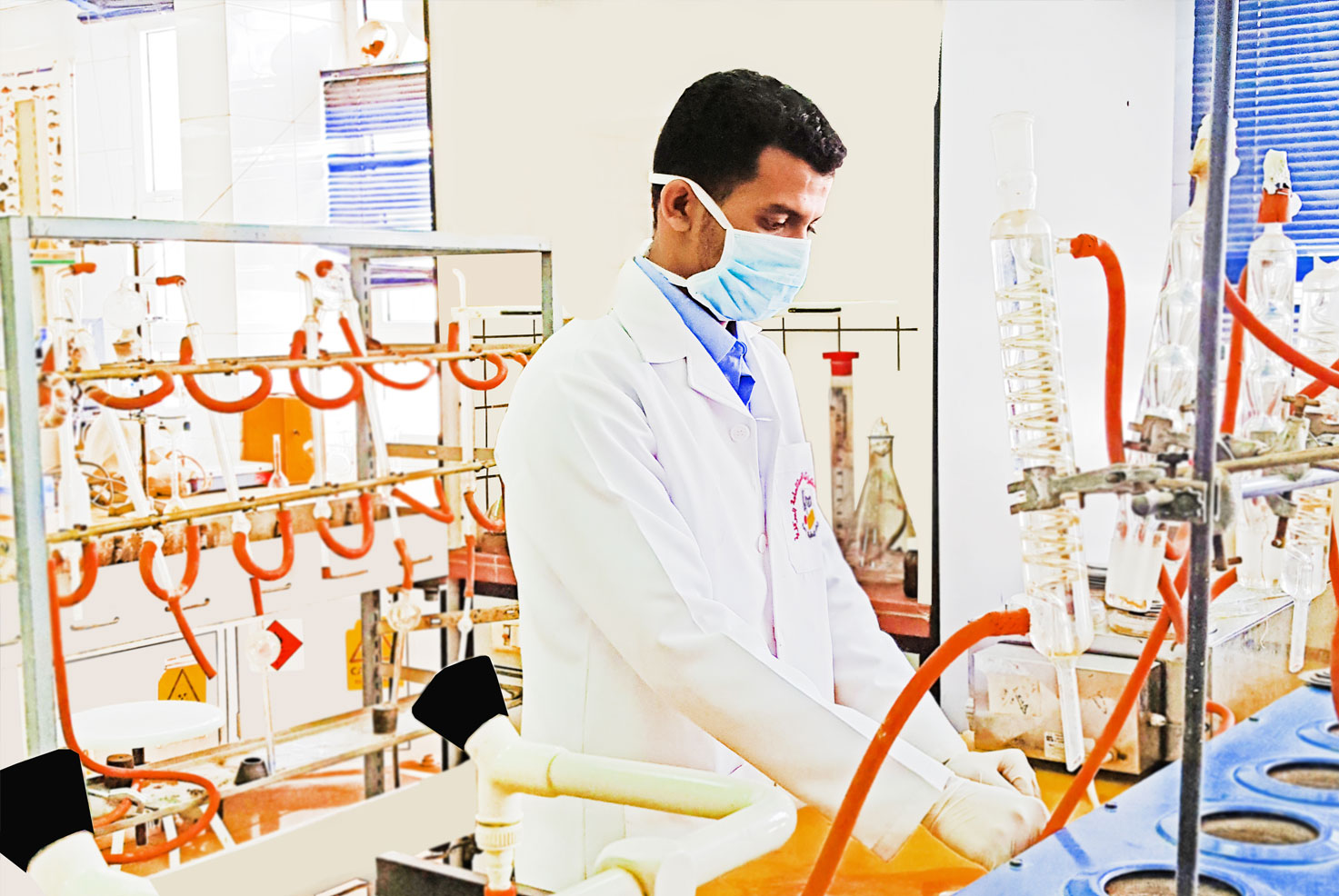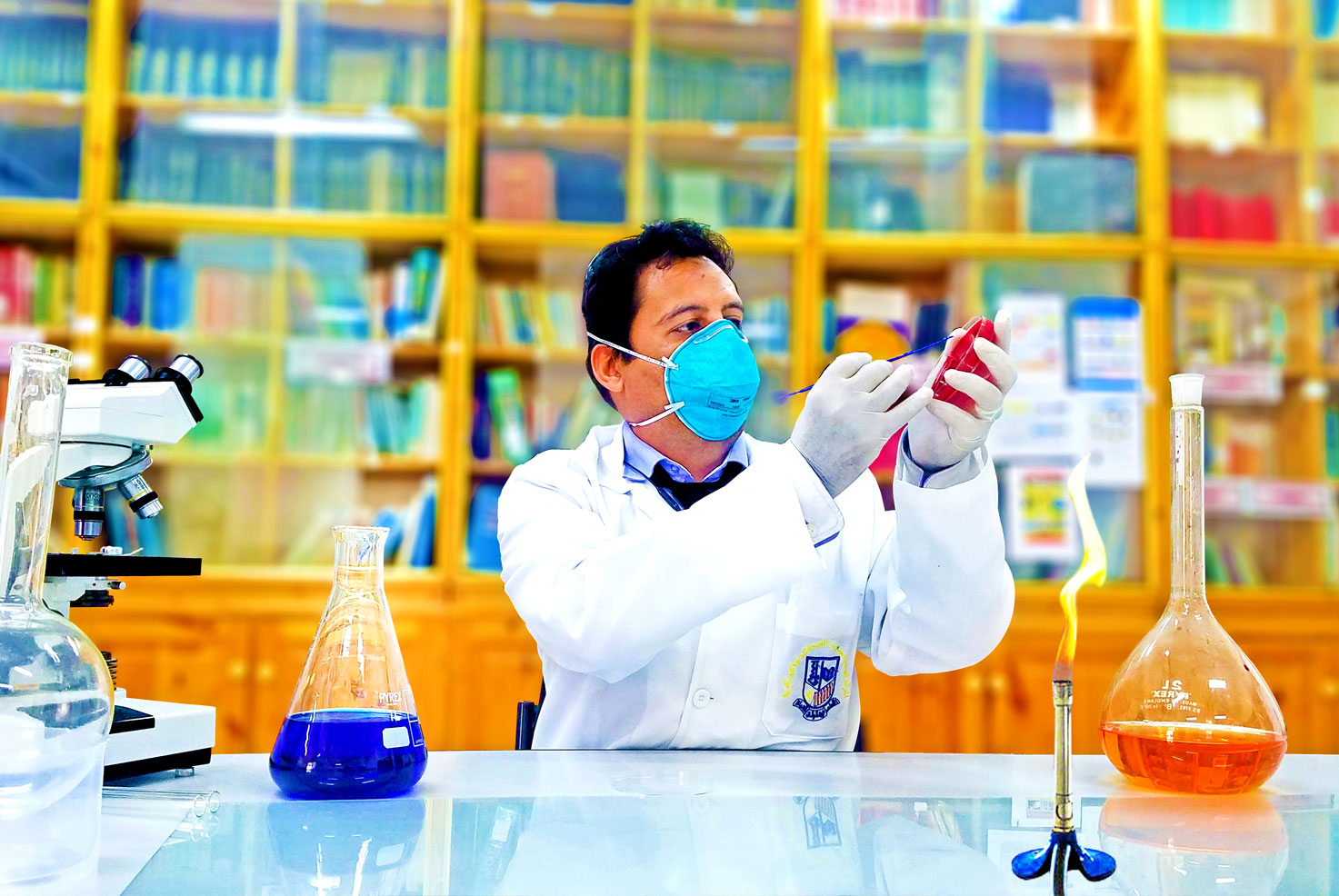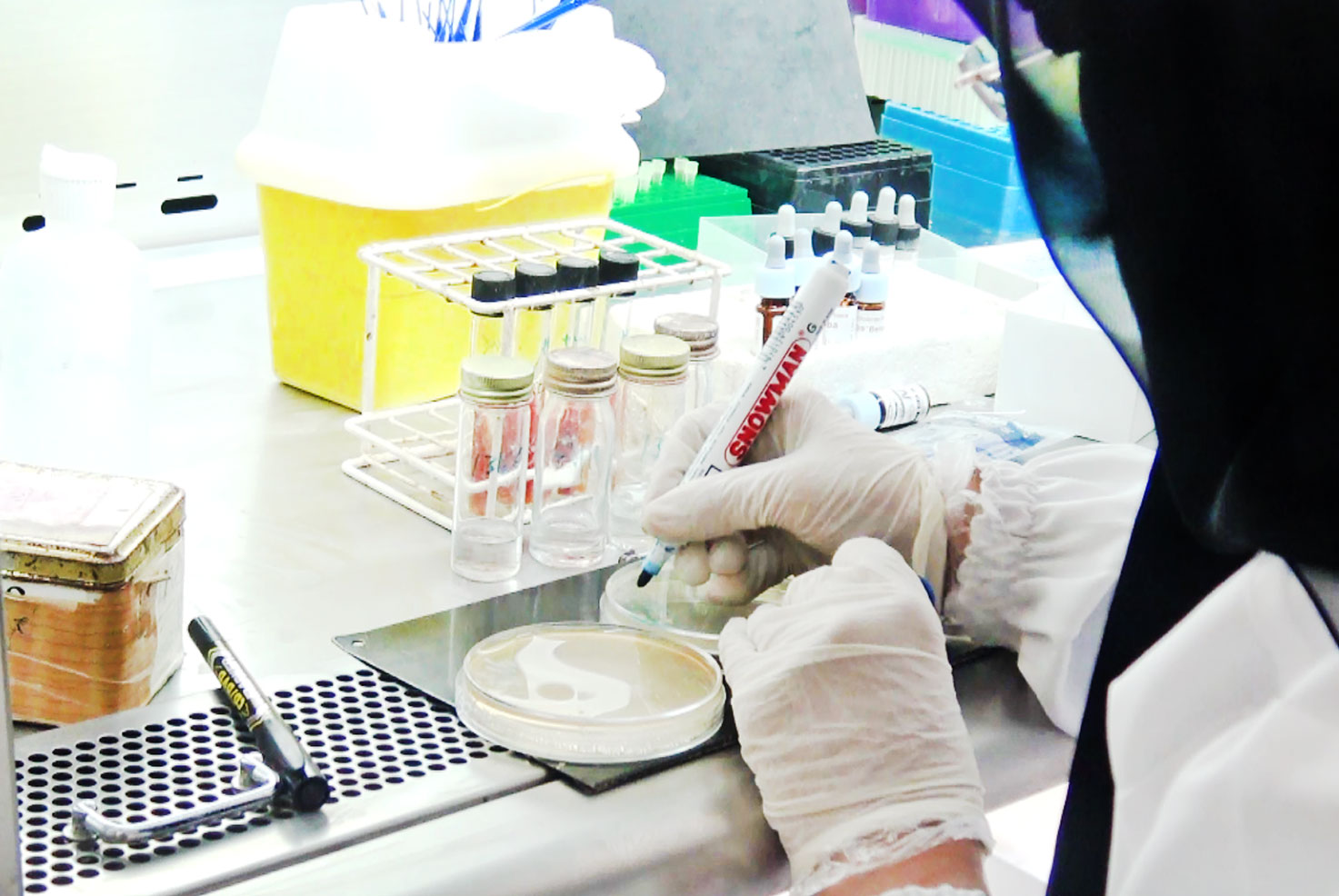About Us
Overview
Believing in the importance of diagnostic medical laboratory services in achieving public and specialized health goals at all stages and across all medical fields, and building on the success of the previous four conferences, we are now preparing to hold the 5th Laboratory Medicine Conference.
This conference takes place under exceptional circumstances, defying all challenges because we believe in our right to address our medical issues and pursue our developmental aspirations to obtain the best healthcare, medical diagnostics, and research services. To embody this vision, the theme of this year’s conference is:
“Innovation and Excellence in Laboratory Medicine for a Better Future.”
Our commitment to diagnostic laboratory medicine stems from recognizing the crucial role of central health laboratories and medical diagnostic laboratories at all levels in advancing medical, healthcare, and research services. These laboratories have played a pivotal role in the scientific and research fields, contributing significantly to the discovery of numerous infectious and non-infectious disease-causing agents.
Given the importance of such conferences in disseminating scientific and technological knowledge, this event serves as a gateway to new opportunities for healthcare professionals in general and for specialists in diagnostic medical laboratories in particular.
Conference Sponsorship and Participation
The 5th Laboratory Medicine Conference is held under the patronage of His Excellency Prime Minister Ahmed Naji Al-Rahwi and with the support of Minister of Health and Environment Dr. Ali Abdul Kareem Sheban. It is also backed by the General Directorate of Central Public Health Laboratories, alongside various institutions and specialized companies, with participation from several scientific and professional organizations.
A Platform for Knowledge Exchange and Innovation
This conference presents a unique opportunity for experts, researchers, and specialists to convene, exchange experiences, and discuss various specialized topics (research, medical, and diagnostic).
Accompanying Medical Exhibition
Alongside the conference, a specialized medical exhibition will showcase the latest medical, laboratory, and research products, providing participants and visitors with an opportunity to explore the newest innovations in the medical field. Additionally, various side activities will enrich the overall experience of attendees.
Vission
- Improve laboratory diagnostic services to reach leadership and excellence in the diagnostic process, training and scientific research at the national level.
- Enhance the capabilities of laboratories and diagnostic centers to keep abreast of recent developments.
Mission
- Activate the supervisory role and quality control in laboratories.
- Pay attention to scientific research and its role in improving the overall level of health services
- Strengthen the link between education outputs and the health sector and its relation to the labor market
- Present the fields of modern technology and modern international experiences in the fields of diagnostic medical laboratories.
- Encourage local, regional and international cooperation in the field of diagnostic medical laboratories.
- Raise the level of competence for specialists in the field of medical analysis and scientific research.
- Develop staff through training courses and workshops in various fields.
- Develop and support this field by supporting specialization in scientific institutions and developing curricula in line with the development of modern technology and presenting a vision and proposals that will raise the scientific level for students involved in the field of diagnostic medical laboratories.
Activities
Public health laboratories are the first line of defense against many diseases and epidemics The functions of public health laboratories include:
Rapid response to epidemiological cases by conducting the required tests as soon as possible.
Conducting laboratory tests necessary to diagnose infectious diseases (communicable) that have a direct impact on the public health of community members.
Participate in the investigation and surveillance of infectious diseases in cooperation with the Surveillance Department such as: measles and rubella, SARI / ILI, MERS-CoV 2012, avian influenza, diarrheal diseases such as cholera, diphtheria, leishmaniasis and malaria. Meninges and rotavirus, haemorrhagic fevers such as: (dengue fever, West Nile virus and other public health diseases)
Participate in conducting qualitative research that serves public health.
Conducting various immunological tests.
Confirm bacterial isolates from other laboratories and conduct confirmatory tests such as meningitis and rotavirus.
Participate in external quality control programs through the World Health Organization such as the Department of Microbiology, Parasites, Epidemiological Surveillance, Viruses and Molecular Biology.
Health laboratories carry out their tasks through the following sections:
1) Viruses Section
2) Department of Molecular Biology
3) Parasitology Department
4) Epidemiological surveillance
5) Microbiological Department
6) Department of Diagnostic Immunology
7) Tissue culture and isolation of viruses
The role of medical laboratories in health institutions
Medical laboratories play an important role within the medical and therapeutic facilities and have an important role in the medical system to serve the patient. The importance of medical laboratories in the following points:
Laboratories have an important role in assisting the doctor in selecting or determining the appropriate diagnosis of a particular disease from the list of required diagnoses and then give appropriate treatment to the patient who contributes to its improvement and recovery.
Laboratories have an important role in helping the doctor to prove a clinical diagnosis of a particular medical condition.
Laboratories have an important role in assessing and monitoring the degree of change in a disease.
A brief history of laboratory diagnostic
The development of laboratory diagnostic medicine from ancient times to the twenty-first century in three stages:
He started using ants to taste body fluids, through microscopic examination, to molecular examination, which is the basis of medical history, scientific revolution, and the source of separation.
In ancient Egypt and Mesopotamia, the first doctors diagnosed patients based on the observation of clinical symptoms and the use of palpation and hearing and doctors in these times were able to describe the imbalances in the digestive system, heart, blood circulation, liver, spleen and menstrual disorders in this way, and was used For the diagnosis of patients from royal families and the wealthy only.








